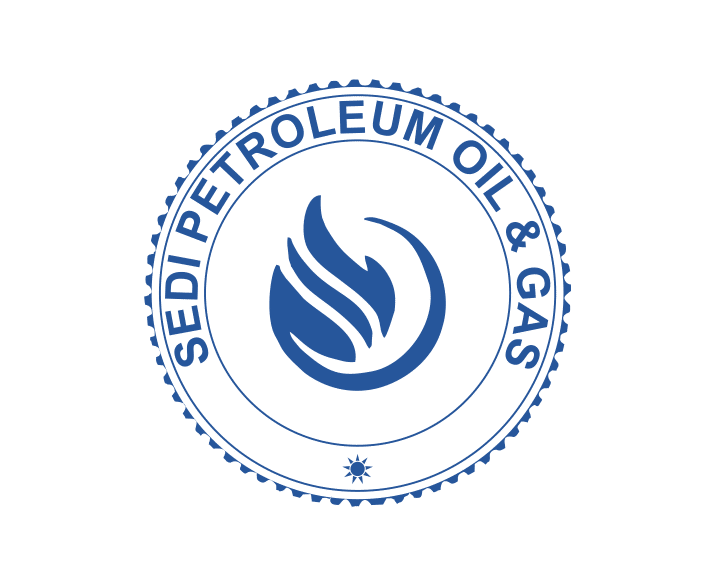Elections in Ghana: As Ghana approaches its upcoming elections, the country stands at a crossroads where key decisions about governance, resource management, and economic development will shape its future. Among the critical areas under scrutiny is the oil and gas industry, which remains a vital driver of Ghana’s economy. This election presents an opportunity to reflect on the sector’s achievements and challenges and outline a roadmap for sustainable energy development.
The Role of Oil and Gas in Ghana’s Economy
Ghana’s oil and gas sector contributes significantly to government revenue, employment, and energy security. Since the discovery of the Jubilee Field in 2007, the industry has grown exponentially, attracting foreign investment and strengthening the country’s energy capacity. The sector’s importance extends beyond its financial contributions, serving as a foundation for infrastructure development, local business growth, and the nation’s industrial ambitions.
However, the sector also faces challenges such as global energy price fluctuations, climate change, and the urgent need for economic diversification. These factors underscore the importance of well-informed policies that ensure the sustainable use of resources while driving Ghana’s energy transition.
Key Energy Issues in Focus During the Elections
1. Transparency in Resource Management
One of the primary concerns for voters and stakeholders is transparency in managing oil and gas revenues. Ghanaians are calling for policies that ensure resource wealth is equitably distributed and used to fund social programs, healthcare, education, and infrastructure development. The elections provide an opportunity for candidates to outline strategies for enhancing governance and reducing corruption in the energy sector.
2. Investment in Renewable Energy
As the global energy transition accelerates, Ghana must balance its reliance on fossil fuels with investments in renewable energy. The elections will likely spark discussions about how to diversify the country’s energy mix, with solar, wind, and hydropower playing a more significant role. Policies that support renewable energy investments while maintaining oil and gas production are essential for long-term energy security.
3. Local Content and Workforce Development
The oil and gas industry has created thousands of jobs for Ghanaians, but there is room for improvement in local content policies. The elections are a platform for candidates to propose initiatives that increase local participation in the energy value chain, from exploration and production to refining and distribution. Enhanced workforce development programs can ensure that Ghanaian talent drives the sector’s future.
4. Environmental Responsibility
With oil and gas production comes environmental challenges, including emissions and the risk of oil spills. Voters are increasingly aware of the need for stringent environmental regulations that protect Ghana’s ecosystems while allowing for responsible resource extraction. The elections could shape future policies on environmental sustainability in the energy sector.
The Opportunity for Inclusive Growth
The elections provide a chance for open dialogue between candidates, industry leaders, and communities about the future of Ghana’s energy sector. Regardless of the outcome, there is a need for consensus on the following:
- Strengthening energy sector governance.
- Ensuring that oil and gas revenues are used for long-term developmental projects.
- Supporting local businesses and workers through enhanced training and opportunities.
- Balancing economic growth with environmental preservation.
Sedi Petroleum: A Partner in Ghana’s Energy Future
As a leading player in Ghana’s oil and gas sector, Sedi Petroleum is committed to contributing to the country’s energy development, regardless of the political landscape. By promoting transparency, investing in local talent, and embracing sustainable practices, Sedi Petroleum is well-positioned to support Ghana’s energy goals.
The company looks forward to collaborating with government and stakeholders to advance policies that foster economic growth and environmental responsibility. Sedi Petroleum believes that by empowering local talent and adopting innovative energy solutions, Ghana can achieve a resilient and inclusive energy future.
Conclusion: Elections as a Catalyst for Progress
The upcoming elections are more than just a political event—they are a defining moment for Ghana’s energy sector. With the right policies and leadership, the country has the opportunity to harness its oil and gas resources for sustainable growth while paving the way for renewable energy integration.
Sedi Petroleum remains committed to being a reliable partner in this journey, ensuring that the industry continues to benefit all Ghanaians. The decisions made during this election period will not only shape the energy sector but also define Ghana’s role as a leader in sustainable development in Africa.
